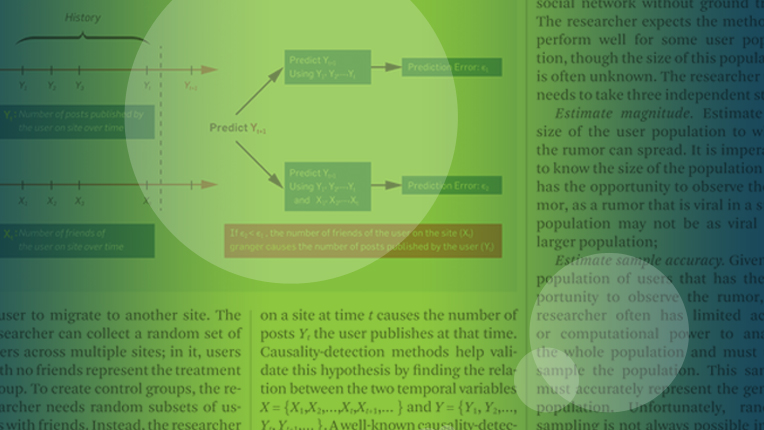SIG Governing Board Motions - FY'99
Motion: Move to approve the minutes of the February'98 SIG Chairs Meeting.
Soffa, Johnson
(Unanimous)
Motion: Move that the SGB formally express interest in pursuing the IFIP proposal presented by Joe Turner and work on implementation.
Cunningham, Levitan
(Unanimous)
Motion: Move to endorse the SIGLINK name change to SIGWEB and forward to ACM EC for approval.
Levitan, Martin
(Unanimous)
Motion: Move to recommend that the SGB EC further review the viability of SIGCAPH.
Johnson, Levitan
(38,36,0)
Motion: Move that SIGARCH retain their status as a multi-service SIG.
Levitan, Soffa
(Unanimous)
Motion: Move that SIGMICRO retain their status as a conference SIG.
Belkin, Soffa
(Unanimous)
Motion: Move that SIGPLAN retain their status as a multi-service SIG.
Baer, Levitan
(Unanimous)
Motion: Decertify SIG3C as an active ACM SIG and refer to SGBEC for discussion and decision on how to compensate and serve current SIG3C members.
Furuta, L. Johnson
Motion: Move that SIGAda retain their status as a multi-service SIG with a program review in two years.
Cunningham, Levitan
Motion: Move that SIGCPR retain their status as a multi-service SIG.
Baer, Belkin
Motion: Move to refer SIGBIO status to the SGB EC for discussion and decision.
Cuningham, L. Johnson
Motion: Move that the viability of SIGAPL be referred to the SGB EC for discussion and decision.
Snodgrass, Furuta
Motion: Move that SIGSIM retain their status as a conference SIG.
Soffa, Cunningham
Motion: Move that SIGWEB retain their status as a multi-service SIG.
Soffa, Belkin
Motion: Move that the SGB EC constitute a committee to provide recommendations on what the SGB should do with regard to conference management software.
Snodgrass, Levitan
Publish with ACM
ACM's prestigious conferences and journals seek top-quality papers in all areas of computing and IT. It is now easier than ever to find the most appropriate venue for your research and publish with ACM.

ACM Case Studies
Written by leading domain experts for software engineers, ACM Case Studies provide an in-depth look at how software teams overcome specific challenges by implementing new technologies, adopting new practices, or a combination of both. Often through first-hand accounts, these pieces explore what the challenges were, the tools and techniques that were used to combat them, and the solution that was achieved.

Lifelong Learning
ACM offers lifelong learning resources including online books and courses from Skillsoft, TechTalks on the hottest topics in computing and IT, and more.
